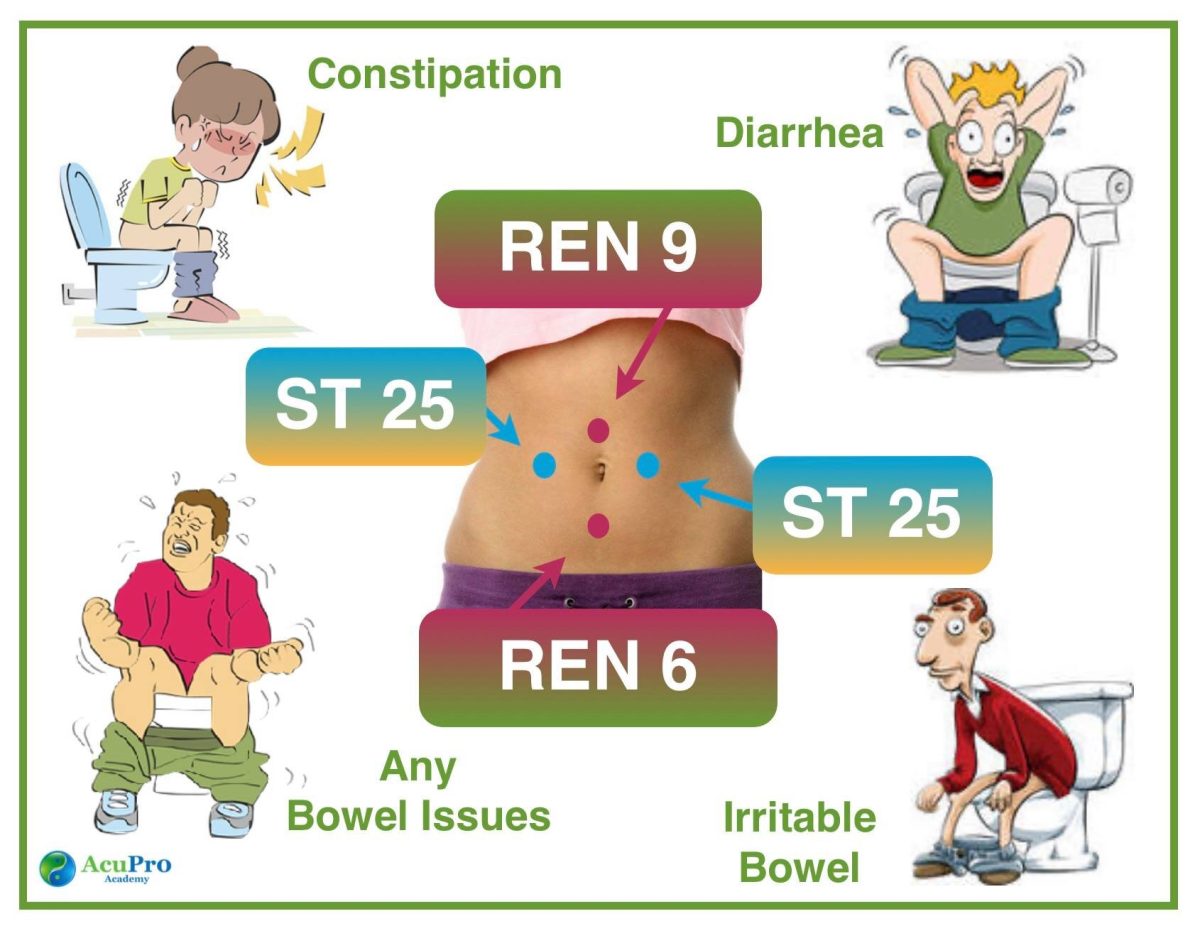
What does mental wellness mean to you? To me, mental wellness is feeling good in your body, physically and emotionally. Mental wellness is stress RESILIENCE (the ability to cope with and recover from stressful situations). Mental wellness is confidence and security. It is the ability to think clearly and have control over your emotions. Mental wellness is the ability to relate to YOURSELF as well as others. Mental wellness is loving yourself. Between hate crimes, prejudices, suicides, and violence in our own communities, it is more evident than ever that we, as a society, are in a mental health crisis. It is arguable that stress is the health emergency of the twenty-first century and it needs some tender loving care and attention. Mental Health America’s recent data shows an alarming increase in mental health issues, not only among adults, but our youth as well. Young adults are struggling with declining mental health, isolation, and depression. From 2011 to the present, both teenagers and adults have had an increase in major depressive disorders and suicide ideation, increasing in ranges from 9.2 – 12.4% with the highest increase for those who identify as more than one race. There is also a disparity in numbers based on where a person lives (New Jersey has only a 2.5% increase and Wyoming is as high as 23%). Over 5.1 million adults suffering from mental illness are uninsured, and underserved. Lack of resources, stigmas against mental illness, and lack of health insurance coverage contribute to the growing epidemic. In this article, we will discuss the benefits of acupuncture, along with information on the importance of gut health to transform your mental health. Are you feeling anxious, paralyzed, or unproductive? Do you want to feel better? The tools to improve health are comprised of a comprehensive plan to support your biochemistry and give you skills to cope with stress.
What is happening in your body that is creating skyrocketing levels of depression, anxiety, and other mental health illnesses? What can you do to promote emotional and mental wellness in your own life? While you may know it is important to slow down, breathe, meditate, exercise, get quality sleep, and decrease stress; you may not know that GUT HEALTH is KEY to mental wellness. I am a big advocate of gut health for mental health and I do not think it is even possible to separate the two. Recent studies have shown that our gut microbiome has more than 100 trillion bacterial cells (that is more microbes in our gut than stars in the Milky Way!) and these microbes produce more neurotransmitters such as serotonin and dopamine (our “happy” hormones) than the brain itself (1). Your vagus nerve connects your brain and digestive tract through your Gut-Brain Axis (GBA) and provides a two way communication system between the two. This means that if your gut is not functioning optimally then you may feel symptoms such as: brain fog, lack of motivation, poor memory, focus, or concentration, anxiety, stress, and/or depression. It can also influence learning and memory contributing to disorders such as ADD, ADHD, sensory processing disorders, and personality disorders (2). Supporting our foundational health is of the utmost importance in changing our stress response. In other words, “you are what you eat”.
What can I do to support my gut health?
-
Don’t let your digestive issues go untreated, ACUPUNCTURE can help! It can be embarrassing to talk about digestive complaints and for that reason, symptoms of gastrointestinal upset are often ignored. If you are having any issues with your digestion including, but not limited to: nausea, vomiting, bloating, stomach pain or cramping, heartburn, undigested food, mucus or blood in your stools, ulcers, diarrhea, gas, or constipation, notify your medical health professional to rule out any underlying serious illness. Once you are cleared, consider acupuncture, herbs, supplements, and/or medications to help resolve these issues. Studies have shown that the effects of acupuncture occur by regulating gastrointestinal mobility (10), providing protection of the stomach mucosa (9), and decreasing the excitability of the colon in inflammatory conditions (11). Resolving these problems often do involve lifestyle changes, which your acupuncturist can suggest at your next appointment (see suggestions 2-4).

2. Decrease your stress OR increase your stress resilience. Stress causes your body to release cortisol (your stress hormone) and stimulates the secretion of ions, water, mucus, and even IgA (an antibody found in mucus membranes that causes an immune response by the body) (4). Studies show this inflammation negatively compromises your gut permeability, the intestinal barrier function, which aims to keep the contents of your gut in the intestinal tract. This stress-induced barrier defect results in enhanced passage of small molecules, macromolecules and peptides derived from bacteria from the gut and into the bloodstream. The proinflammatory molecules cause gut inflammation and ultimately can lead to a variety of inflammatory bowel diseases and colitis (4), (7), (8). The influence of gut inflammation via that gut brain communication axis not only affects your stress resilience it affects your sleep, cognitive thinking, memory, focus, expression, impulse control, mood, clarity, metabolism , and immune health (3). This is a classic case of did the chicken or the egg come first? Does your stress cause your gut imbalance or does your gut imbalance lead to a decrease in stress resilience? It is a cycle. For these reasons, improving your gut health can increase your stress resilience and vice versa. Stress resilience enhances your body’s physical and emotional response to stressful stimuli leading to less inflammation, which means that you will feel better.

3. Nourish your gut health by being conscious of the foods you are choosing to fuel your body. Real foods don’t have ingredients, they ARE the ingredients. Go back to the basics- eat protein, vegetables, fruits, and grains. Pay attention to sensitivities you might have to foods; for example, if you feel bloated or tired after eating there may be a food contributing to an inflammatory response. Common allergens tend to be gluten, dairy, eggs, seafood, food colorings, preservatives, additives, and nuts. You can also cut back on sugar (I know this can be difficult.) Sugar is inflammatory. It feeds the bad bacteria in your intestinal tract and also increases yeast, further upsetting the delicate microbiome balance. Sugar is also addicting and manufacturers add it to many foods in order to increase cravings and encourage you to buy more, leading to increased consumption of processed foods.
Most Americans are addicted to sugar and it might take some work to overcome that addiction. Seek help if you need it. We as acupuncturist work with all kinds of addiction: sugar, alcohol, smoking, etc. Sugar cravings stem from an imbalance in your blood glucose levels. When you eat sugar you get a spike in your blood sugar, your body responds by releasing insulin to help bring you back to baseline; but, what happens is your body fights for more sugar once that blood sugar level starts to dip. Acupuncture is one great way to help curb those cravings as it can help to regulate your metabolism and balance your blood sugar levels. It is no wonder that in the age of fast foods, processed foods, and packaged foods our rates of obesity and heart disease increase right along with our levels of depression, anxiety, and other mental illnesses. In order to change your lifestyle you have to create balance. Ditch the yo-yo dieting and start creating a healthy lifestyle, one habit at a time. It will benefit your health for the rest of your life. Eat healthy 80% of the time. And when you “indulge”, savor it. If you feel guilty and stressed about eating chocolate, or whatever treat you crave, it will lead to a viscous emotional cycle. It is important to have a healthy relationship to food and understand the cues of “hungry” and “full”. If it is difficult for you to ascertain this, working with a licensed professional can help you understand how and why you make your food choices.

4. Probiotics. I love probiotics. When my kids are overly emotional and triggered by the small stuff I always think about what foods they are eating, how their digestion is behaving (constipation, diarrhea, or gas). My “go to” is to increase their probiotics and see if it helps settle their emotions. Probiotics promote gut health, which supports neurotransmitter function to help with mood stability, and the ability to feel happy or content. One way to think about the action of probiotics is to imagine your intestinal tract like a parking garage with many parking spots. When bacteria enters into your tract it has many places where it can “park” to fester and grow. When you take a probiotic regularly the good bacteria fills all the “parking spots.” This leaves little room for the adverse bacteria to park and therefore, it has nowhere to grow. Some studies show probiotics work by lowering the gut pH and decreasing gut permeability (6). Foods such as: kefir, sauerkraut, tempeh, kimchi, or kombucha, support your microbiome. If you have a healthy digestive system and regularly eat these foods, you may not need to take supplements. Prebiotic foods such as legumes, oats, dandelion greens, Jerusalem artichoke, and bananas contain the fiber needed to feed your gut probiotics. The goal is to eat a healthy diet high in fruits and vegetables to help the good bacteria proliferate, or grow. There are many types of probiotic supplements. Ask your healthcare practitioner which ones will benefit you the most. We carry several different strains in our clinic.
What else can I do for my mental health? Where can I find mental health resources?
Aside from promoting your emotional wellness from the inside out, mental health, coping skills, and recovery from past traumas can be achieved through a variety of avenues. At the Acupuncture Clinic of Boulder, Inc. we are dedicated to helping you achieve mental wellness. Acupuncture and Chinese herbs can help treat: digestive disorders, anxiety, decrease depression, reduce the fight or flight response of PTSD, help with stress, insomnia, postpartum depression, and more. Please reach out if you have any questions.

There are so many types of therapy including but not limited to: somatic experiencing, the Hakomi method, psychoanalysis, behavioral therapy, cognitive therapy, humanistic therapy, EMDR processing, play therapy, art therapy, music therapy, animal therapy, SPI therapy, and the list goes on. Talk to a professional if you need help deciding on the type of therapy that is right for you. You can explore some of these methods at the links below:
During the Pandemic, individual therapists have expanded therapy options and many now regularly provide Zoom appointments or therapy by phone. There are also several online resources that can provide cost effective options to help you access the care you need in the privacy of your own home. You are not alone.
The city of Boulder provides many resources for help at the following links:
Works Cited
4. https://journals.physiology.org/doi/full/10.1152/ajpgi.2001.280.1.G7
5. https://www.mhanational.org/issues/state-mental-health-america
6. https://www.ncbi.nlm.nih.gov/pmc/articles/PMC4045285/
7. https://pubmed.ncbi.nlm.nih.gov/22483040/
8. https://www.liebertpub.com/doi/full/10.1089/omi.2017.0077
9. https://pubmed.ncbi.nlm.nih.gov/16610008/


